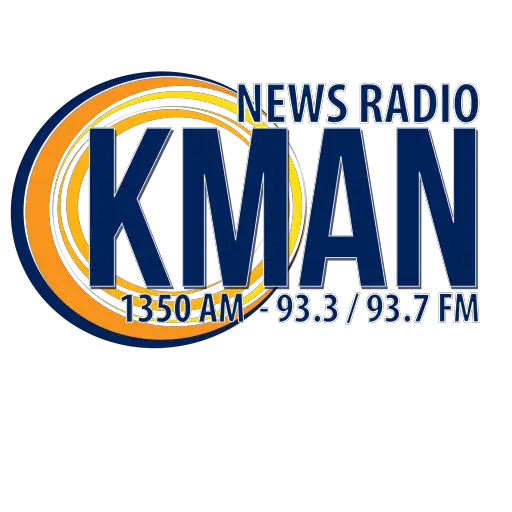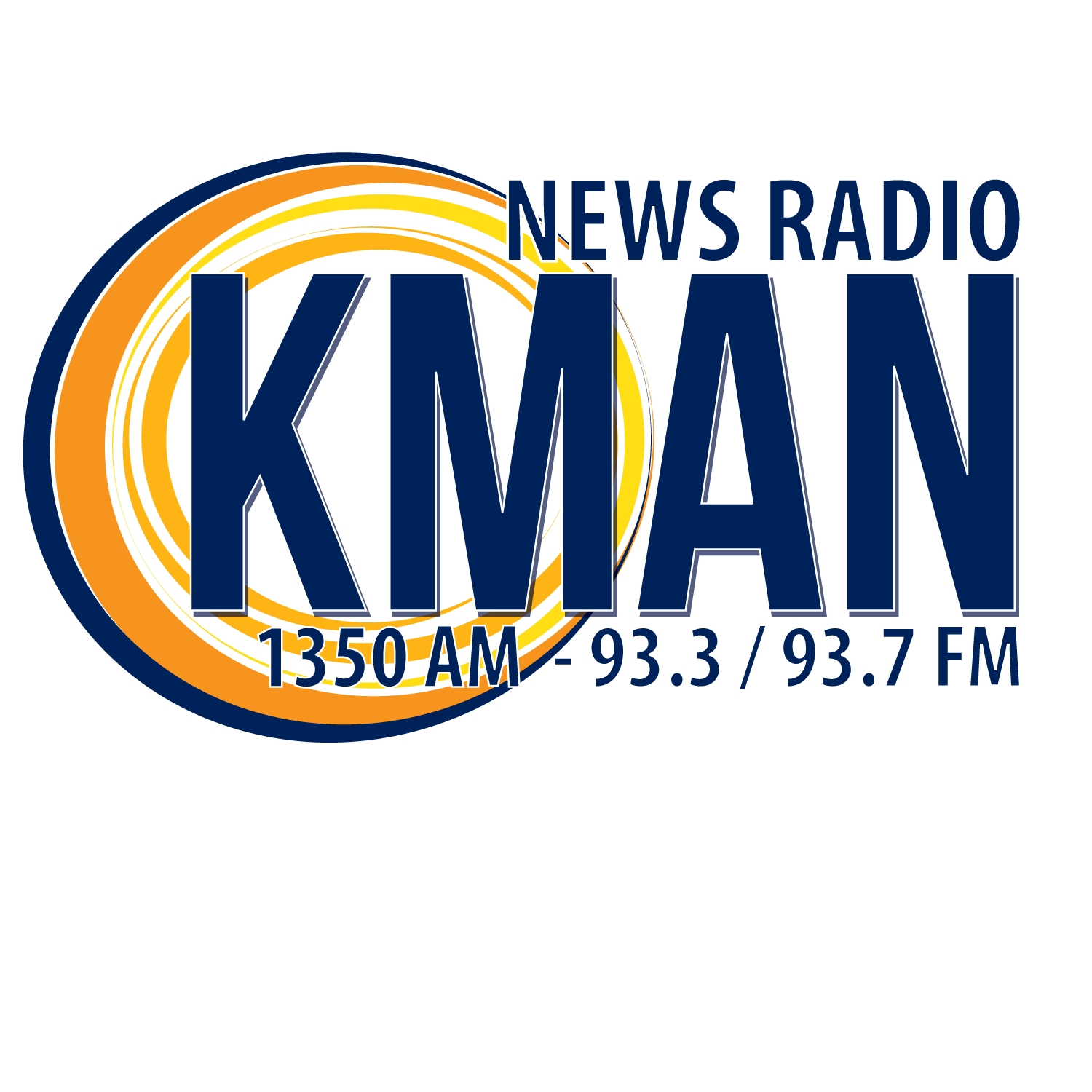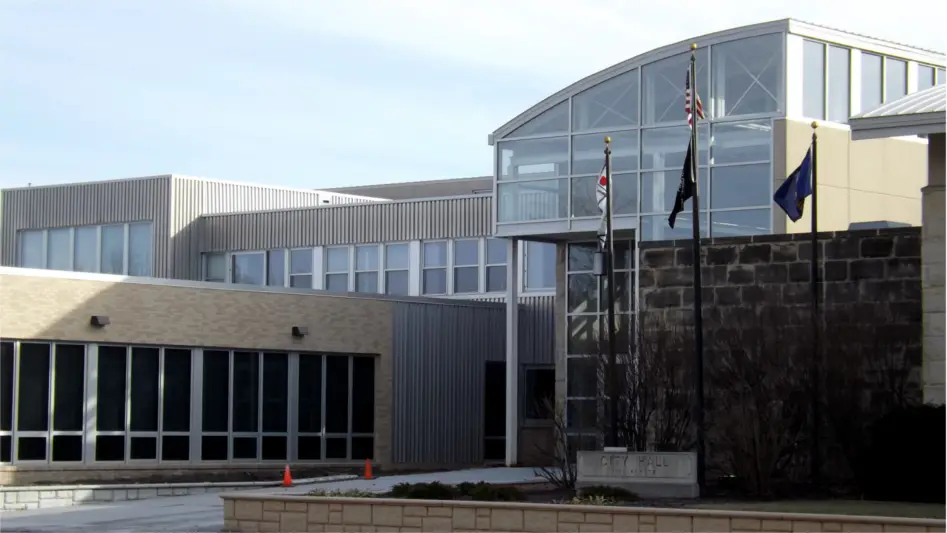The construction of encroachments into public easements will no longer be permitted, according to the newly created Manhattan Development Code.
The topic came up during the Manhattan City Commission meeting Tuesday, during which officials discussed proposed changes to subdivision standards.
“When we have utility failures or need maintenance for a utility line and there are fences in the way or all sorts of other things in the way of our utility easements, it becomes a costly and cumbersome process for both the city and those homeowners and business owners,” Chad Bunger, assistant director of community development for the City of Manhattan, said.
He says the policy likely will not apply to currently existing structures, at least for now.
“I would imagine we won’t go neighborhood by neighborhood and remove fences out of utility easements and what not,” Bunger said. “What’s there I guess will be there, for the most part, until we have to address it.”
According to Bunger, the policy was established on behalf of a request from the Public Works department.
The Manhattan Development Code also proposes that sidewalks be required on both sides of new streets.
Commissioner Linda Morse says while sidewalks cost money to construct, the new regulation could save money in the long run.
“We spend so much money backtracking on sidewalks,” Morse said. “If we had plugged them in from the beginning, they would be part of the development.”
Commissioner Usha Reddi says sidewalks can also increase property values.
“Oftentimes, that’s why the houses on one side may be of less value if they don’t have a sidewalk,” Reddi said. “So that’s probably going to be in discussions – as people build houses or developers build houses, that’ll add an extra cost to them.”
Reddi asked during the meeting whether the requirements are similar to those of other “neighborhood communities.”
Her question was based on the possibility that new policies may cause developers to move to other places that have fewer rules.
Assistant director of community development Chad Bunger confirmed that the policy is in line with what other communities are doing.
For more information about the different proposed policy changes discussed during the meeting, click here.



